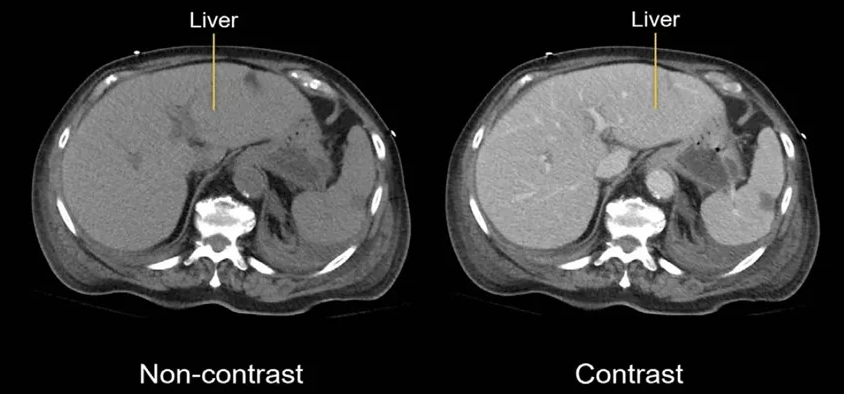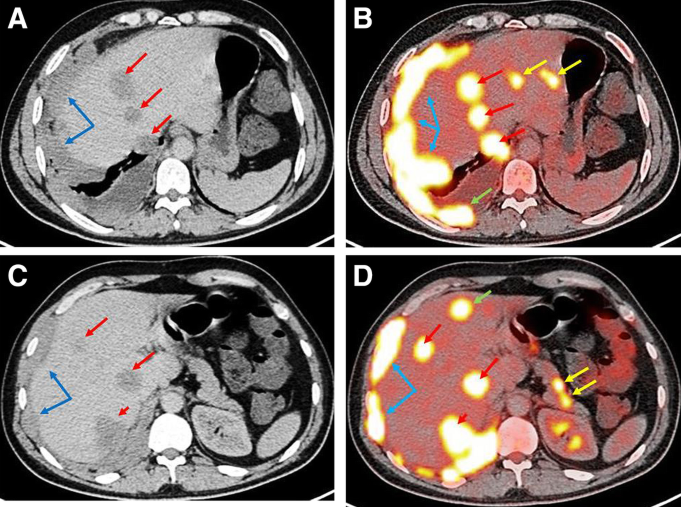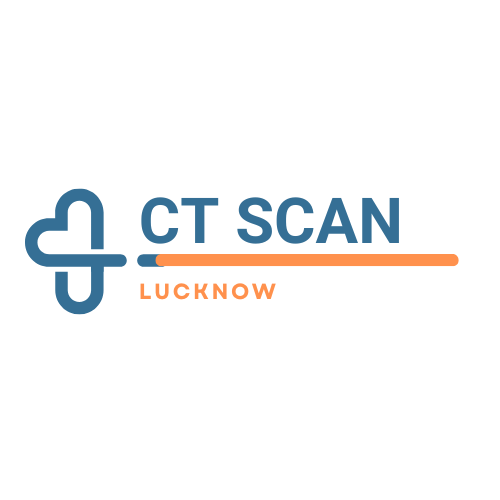CT scans are powerful diagnostic tools that provide detailed images of the inside of your body. In some cases, a contrast material is used during the scan to enhance the images and help doctors get a clearer picture of your organs and blood vessels. But is CT Scan contrast dangerous?
Let’s see what CT scan contrast is, how it works, its usefulness, and its potential risks. Additionally, we’ll address concerns for breastfeeding mothers who may be worried about using contrast.

What is CT Scan Contrast?
CT scan contrast refers to a special dye or liquid injected into your body to make certain areas more visible on a CT scan. This contrast material can highlight blood vessels, tissues, or specific organs, helping doctors spot any abnormalities such as tumors, infections, or blood clots.
The contrast is typically administered intravenously (through a vein) but can also be ingested orally or introduced into other body parts, depending on what needs to be examined.
How Does CT Scan Contrast Work?
During a CT scan, a series of X-ray images are taken from different angles. The contrast material absorbs or alters the X-rays in a way that helps create clearer and more detailed images.
For example, if you’re getting a scan of your abdomen, the contrast can help highlight blood vessels, organs, or any abnormalities. Without contrast, it might be more difficult for doctors to differentiate between similar tissues, making it harder to diagnose certain conditions.
Is CT Scan Contrast Dangerous?
For most people, CT scan contrast is generally considered safe. However, like any medical procedure, it carries some risks, particularly for people with certain conditions. Here are some potential risks associated with CT scan contrast:
- Allergic Reactions: Some people may have an allergic reaction to the contrast material. Symptoms can range from mild itching or rash to more severe reactions such as difficulty breathing. It’s important to inform your doctor if you have any history of allergies or previous reactions to contrast agents.
- Kidney Concerns: Individuals with pre-existing kidney problems may be at a higher risk of developing kidney-related complications after receiving contrast. This is especially true for those with severe kidney disease. The contrast material is processed by the kidneys, so it’s crucial to monitor kidney function before and after the scan.
- Mild Side Effects: Some common side effects include a warm or flushing sensation, a metallic taste in your mouth, or a slight headache. These effects are generally short-lived and resolve on their own after the scan.
Overall, for most patients, the benefits of a CT scan with contrast far outweigh the risks, especially when the scan is necessary to detect a serious condition.

Is CT Scan Contrast Useful?
Yes, CT scan contrast is extremely useful for improving the clarity of images and making it easier for doctors to identify issues within the body. Without contrast, certain conditions might not be visible, and subtle differences between tissues could be hard to distinguish. Contrast helps doctors detect:
- Tumors: Contrast can make tumors more visible, allowing doctors to evaluate their size and location.
- Infections: Inflammation and infections can be more easily seen with contrast, helping doctors identify areas of concern.
- Blood Clots: By enhancing blood vessels, contrast helps detect any blockages or abnormalities in circulation.
- Organ Issues: The contrast also aids in evaluating organs like the liver, kidneys, and brain for abnormalities, injuries, or diseases.
In short, CT scan contrast is a valuable tool in diagnosing a wide range of health conditions and providing doctors with the information they need to make accurate decisions.
What Should Breastfeeding Mothers Know About CT Scan Contrast?
If you’re a breastfeeding mother and need to undergo a CT scan with contrast, you may have some concerns about the safety of the contrast material for your baby. Generally, the contrast agents used in CT scans are considered safe, but there are some important considerations:
- Small Amounts in Breast Milk: Very small amounts of the contrast material may pass into breast milk after injection. However, these amounts are typically minimal and not considered harmful to your baby. Most experts recommend that breastfeeding can safely continue after a contrast-enhanced CT scan.
- Wait Time: Some experts suggest waiting for 24 hours after the scan before breastfeeding your baby, just to be on the safe side. During this time, you can pump and store breast milk to feed your baby if you’re concerned about any small traces of the contrast. It’s always best to discuss this with your doctor to get specific advice based on your situation.
- Consult with Your Doctor: If you are breastfeeding and need a CT scan with contrast, make sure to inform your doctor. They may suggest alternative imaging methods or additional precautions, especially if you are concerned about your baby’s safety.

Closure
While CT scan contrast is generally safe for most people, it’s important to be aware of potential risks, especially if you have allergies or kidney issues. The contrast material is extremely useful in providing doctors with clearer images to diagnose various conditions, such as tumors, infections, and blood clots.
If you’re breastfeeding, the contrast material is typically safe, though it’s always advisable to consult with your healthcare provider for personalized guidance.
Overall, if a CT scan with contrast is recommended, it’s because it provides critical diagnostic information that could lead to better treatment outcomes. Always talk to your doctor about any concerns you have before undergoing the procedure to ensure the best care for you and your baby.
